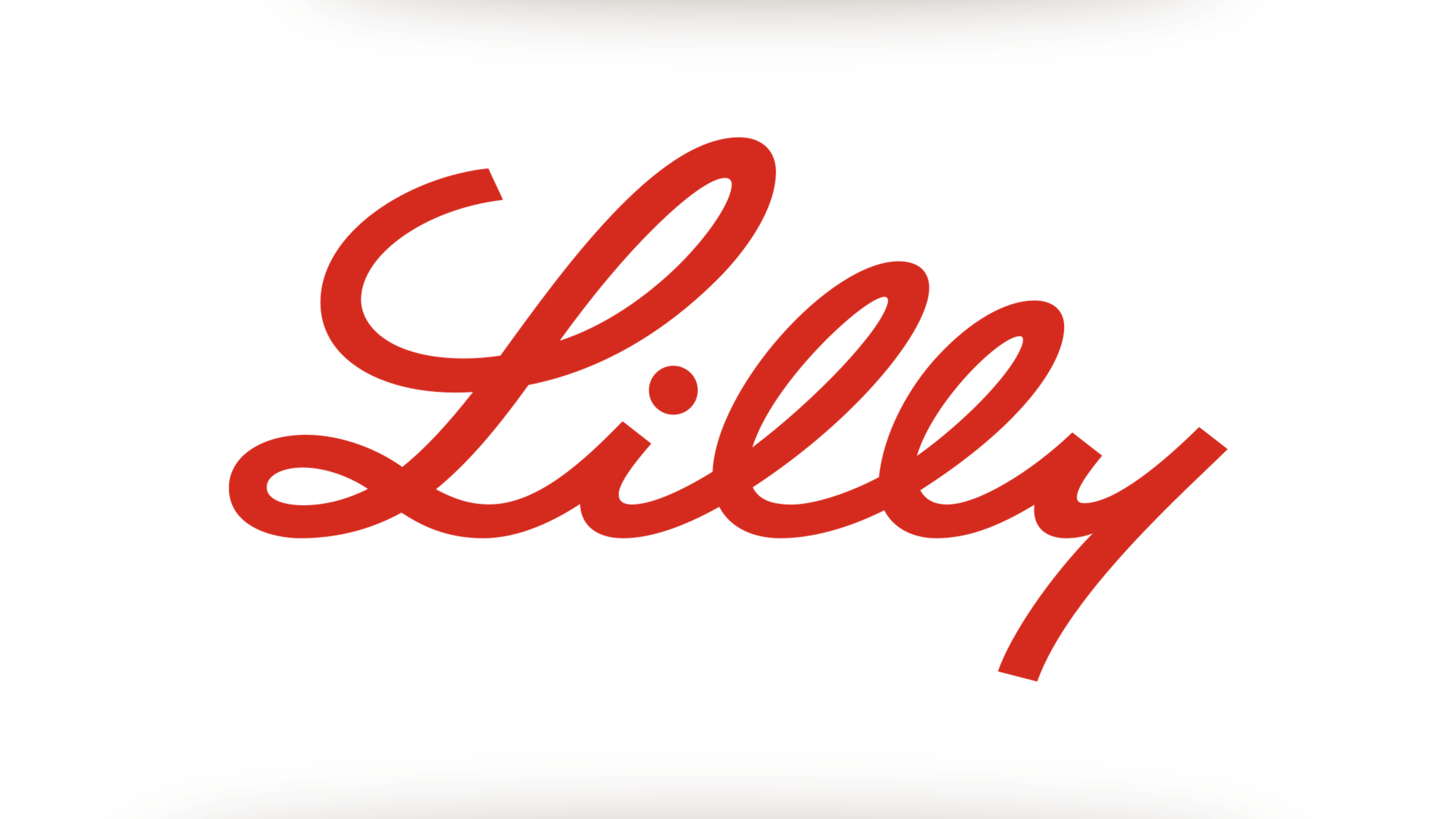Increase efficiencies and productivity by automating core reporting tasks for medical writing.
Automate core regulatory report documents across the CTD pyramid and dramatically accelerate submission timelines.
Increase efficiencies and productivity by automating core reporting tasks for medical writing.
Automate core regulatory report documents across the CTD pyramid and dramatically accelerate submission timelines.

Yseop is leading the way in content automation for regulated industries with a human-centric artificial intelligence (AI) platform. Yseop acts as a copilot for analysts and writers, maximizing their efficiency and accuracy by generating reports and insights. Built on a secure, scalable foundation of AWS services, Yseop’s platform delivers enterprise-grade reliability and performance. With a suite of industry-specific applications and cutting-edge hybrid natural language generation (NLG) technology—blending symbolic, machine learning, and large language model techniques—Yseop ensures that even the most complex content automation tasks are met with ease, scalability, and application security across the entire enterprise.
Lilly partnered with Yseop to implement an automated process to draft patient narratives using natural language generation. By automating patient narratives, teams saw immediate value and could focus on more complex, scientific work. With the joint goal of bringing Lilly’s medicines to patients faster, Lilly and Yseop have additional pilot programs in place for other clinical documents.
Within the first 6 months of deployment, the new way of creating patient narratives significantly accelerated submission timelines. Lilly can now produce in seconds what used to take weeks. Each day Lilly uses this technology, the company moves a step closer to advancing life-saving medicines into the hands of those who need them.